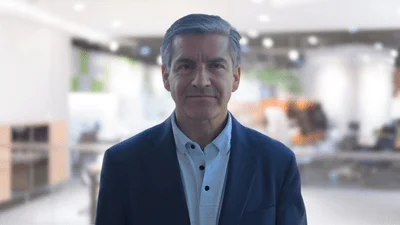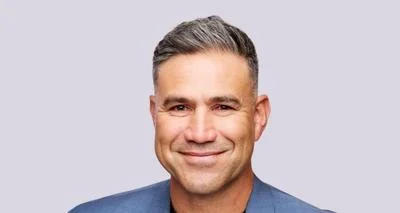Harmony Health It issued the following announcement on June 14.
Imagine not having enough food to feed your family or no transportation to get to your doctor or local pharmacy. Consider what it would be like to live isolated without access to friends, family or support community.
This is a reality for millions of Americans impacted by so-called social determinants of health. According to the World Health Organization (WHO), these are the “conditions in which people are born, grow, work, live and age and include the wider set of forces and systems shaping the conditions of daily life.” Further research from the Kaiser Family Foundation indicates medical care accounts for only 10 to 20 percent of health outcomes; the rest can be attributed to individual behavior and social, environmental and genetic factors.
A few fast facts:
Social factors account for 1 in 3 deaths in the U.S. each year.
Social isolation can increase the risk of heart disease by 29 percent and stroke by 32 percent.
Poorer neighborhoods have higher rates of obesity, likely due to safety concerns and barriers to physical activity and healthy foods.
25¢ of every healthcare dollar is spent on health conditions that result from changeable behavior.
So how do we help individuals overcome social barriers to live better, healthier lives
I’ve posed this question to the healthcare community in U.S. News & World Report.Logo
At WellCare, I’m proud we’ve taken an active role to identify social services in communities and connect underserved individuals with needed support. To date, as part of our CommUnity Impact program, we’ve created a database with more than 200,000 social resources across the country. Each year, we field more than 100,000 calls to help address requests for food, medication assistance, medical transportation, utilities assistance and more.
But we can’t do this alone.
What ideas do you have to advance the conversation for this growing, underserved community?
Original source can be found here.

Source: Harmony Health It





 Alerts Sign-up
Alerts Sign-up